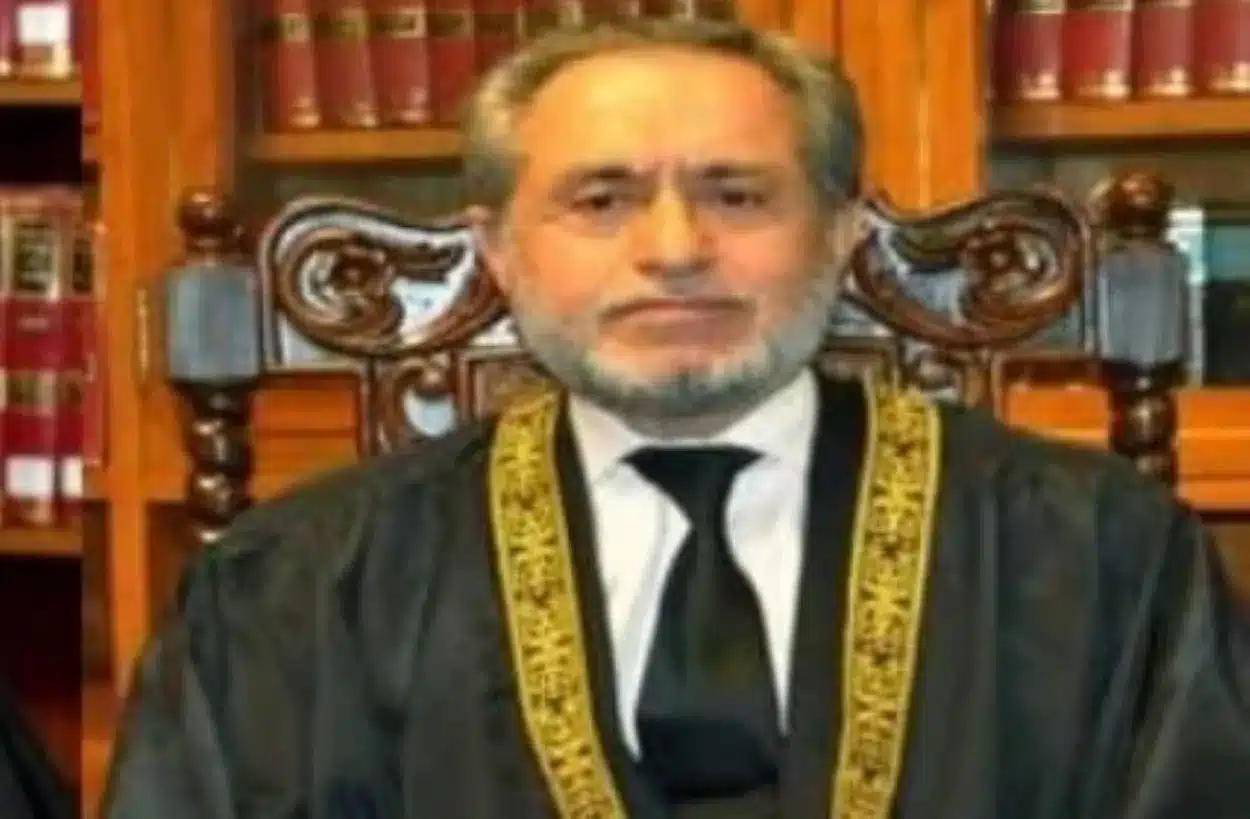Supreme Court Justice Jamal Mandokhail has formally released his dissenting opinion in the reserved seats case. He directly challenges the majority’s ruling. In a 12-page judgment published on the court’s website, Justice Mandokhail rejected the majority’s decision. He reaffirmed his original position.
The dissenting note clarifies his stance on seat allocation, upholding his initial decision to grant 39 reserved seats. He contests the majority’s approach to the remaining 41. Justice Mandokhail argued that the court’s declaration regarding those 41 seats was incorrect. Furthermore, it was beyond its legal authority.
A central argument in the dissent concerns judicial jurisdiction. Justice Mandokhail stated that no judicial forum, including the Supreme Court, possesses the power to alter the political affiliation declared by a candidate on their nomination papers.
He further emphasized that the matter of the 41 individuals was never formally pending before the bench. Therefore, the majority judgment ventured beyond the case’s scope by addressing issues that no party had brought before the court for relief.
Justice Mandokhail held that his original decision on the allocation of 39 seats remained legally sound. He concluded that the majority had overstepped by creating consequences for candidates who had not sought judicial intervention. Their political status could not be reassigned by a court order.
Read: Pakistan Supreme Court Overturns PTI’s Reserved Seats Ruling in 7-5 Decision
The dissenting opinion also addressed the formation of the bench that heard the case. Justice Mandokhail wrote that the Judicial Commission faced no legal restriction in nominating any Supreme Court judge, including those who had previously presided over the main reserved seats case.
He stated there was no valid reason to exclude judges solely because the case again pertained to reserved seats. He revealed that he had formally proposed to the Judicial Commission that all such judges be included in the bench for review. However, the majority of the commission rejected his recommendation.
According to his note, including the original bench members would have ensured continuity. It would have upheld the critical principle of consistency in constitutional adjudication. He emphasised that the Commission held the lawful authority to make such nominations. His proposal aimed to bolster transparency and institutional confidence.






